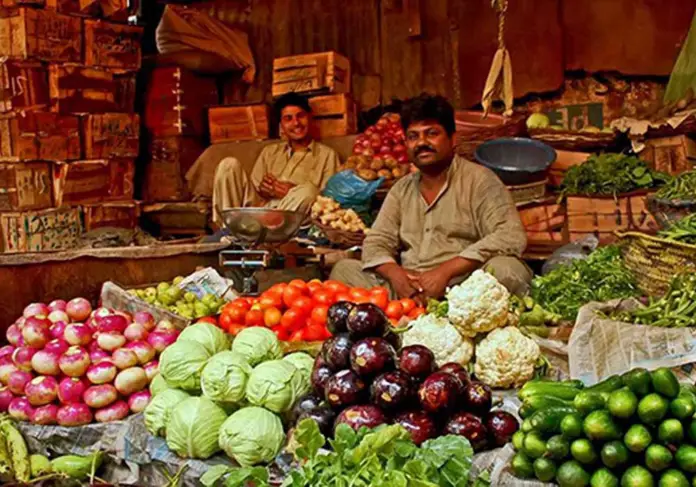The Consumer Price Index (CPI), a gauge of inflation, hit a record high of 35.37 percent year-over-year (YoY) in March, data from the Pakistan Bureau of Statistics (PBS) showed.
According to investment company Arif Habib Corporation, this is the highest CPI rise that has been recorded since July 1965. Inflation in March 2022 was 12.72 percent.
According to statistics made public by PBS, price growth in metropolitan and rural regions was 32.97 percent and 38.88 percent, respectively, year over year.
Sensitive Price Indicator (SPI) measured short-term inflation last week, which reached a record 46.65 percent, while the CPI measured monthly inflation in February, which hit 31.6 percent, the highest level in 60 years.
Over the past few months, consumer costs have increased significantly, with yearly inflation remaining above 20 percent since June of last year.
In its Monthly Economic Update & Outlook published on Friday, the finance ministry predicted that inflation would increase further as a result of the second-round effects of previous policy choices to increase energy and gasoline costs, the central bank’s policy rate, and the devaluation of the rupee to obtain IMF financing.
Year on year increase in inflation was recorded at:
Transport by 54.94percent, Alcoholic beverages and tobacco by 47.15 percent, Recreation and culture by 50.59 percent, Perishable food items by 51.81 percent, Non-perishable food items by 46.44 percent, Restaurants and hotels by 38.49 percent, Furnishing and household equipment maintenance by 38.99 percent, Miscellaneous goods and services by 34.43 percent, Health by 18.46 percent, Clothing and footwear by 21.93 percent, Housing and utilities by 17.49 percent, Education by 7.18 percent, and Communication by 6.64 percent.
The Economic Adviser’s Wing of the Finance Ministry acknowledged the failure of the government’s policy measures and its inability to control the rising slide.
It also attempted to blame the problem on Ramadan-related demand factors by stating that “inflationary expectations are not settling down despite SBP’s contractionary monetary policy.”
Although the government was aware of the situation and had already enlisted the support of all province governments to ensure a seamless supply of necessities, it cautioned that purchasing in quantity during Ramadan might create a demand-supply imbalance and lead to an increase in the price of necessary items.







